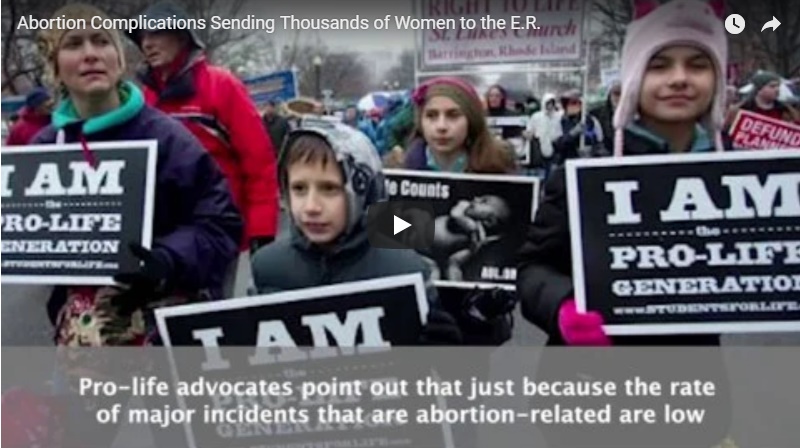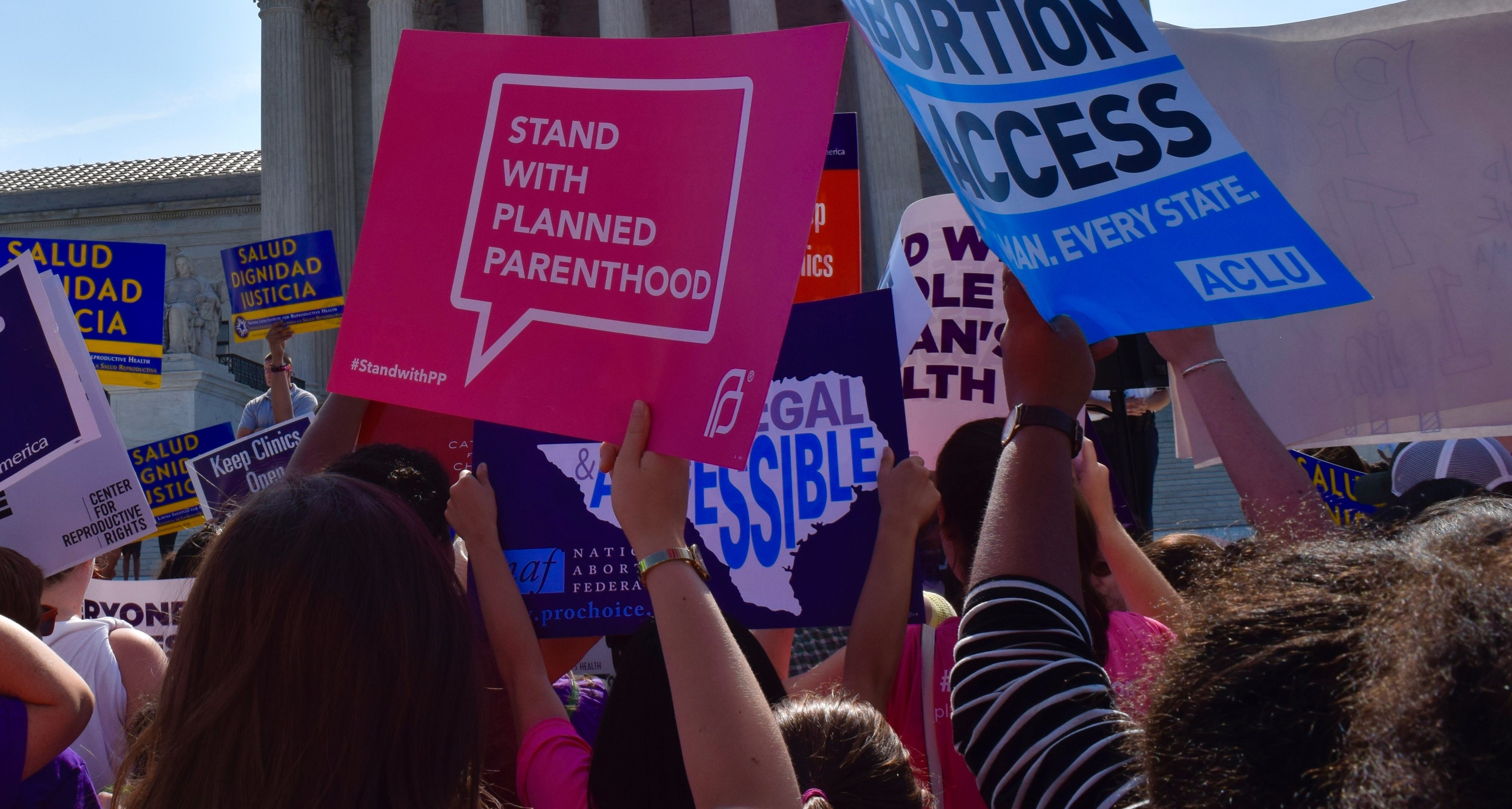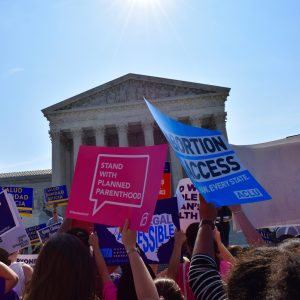Updated: President Trump Appoints Judge Brett Kavanaugh to U.S. Supreme Court
 Last night President Trump announced the nomination of federal Judge Brett Kavanaugh to the U.S. Supreme Court.
Last night President Trump announced the nomination of federal Judge Brett Kavanaugh to the U.S. Supreme Court.
Judge Kavanaugh was appointed to the U.S. Court of Appeals for the District of Columbia Circuit by President George W. Bush in 2003. He was confirmed by the U.S. Senate in 2006, and has served as a federal judge for the past 12 years.
As a judicial nominee, Judge Kavanaugh called the U.S. Supreme Court’s Roe v. Wade abortion decision “binding precedent” that he would follow “faithfully and fully.”
However, as a federal judge, Kavanaugh has opined that the Office of Refugee Resettlement is not obligated to help minors in its custody obtain abortions.
Last night our friends at Family Research Council issued a statement praising Judge Kavanaugh’s appointment to the U.S. Supreme Court, saying,
“Judge Kavanaugh has a long and praiseworthy history of judging as an originalist, and we look forward to having a justice with his philosophical approach on the Court.”
At the same time, our friends at American Family Association issued a statement calling on the U.S. Senate to oppose Judge Kavanaugh’s confirmation to the court, saying that while Judge Kavanaugh has issued some good opinions, his reasoning behind those opinions is flawed. They write,
Although Judge Kavanaugh decided correctly in court case Priests for Life v. U.S. Dep’t of Health & Human Services, he wrote a moderate opinion disagreeing with the Priests on a foundational constitutional religious liberty principle.
So what should we make of two leading, conservative organizations disagreeing over Judge Kavanaugh’s appointment? Here are two thoughts to keep in mind:
- U.S. Supreme Court nominees are unpredictable. Many people pegged Justice Souter as a top-notch conservative when President George H. W. Bush appointed him to the court in 1990, but he proved to be anything but over the following 29 years. Excellent federal judges sometimes make poor U.S. Supreme Court justices — and vice versa. Unfortunately, it’s impossible to know how any Supreme Court pick will pan out until he or she has been on the bench a little while.
- Any potential nominee from President Trump’s short list of Supreme Court candidates likely will be more conservative than Justice Kennedy. As a swing vote, Justice Kennedy has been unpredictable. He sided with the liberal justices in decisions like Planned Parenthood v. Casey and the court’s Obergefell v. Hodges opinion striking down state marriage laws nationwide. On the other hand, Justice Kennedy helped the court rule in favor of California’s pregnancy resource centers just this summer. Justice Kennedy’s opinions have been mixed, at best, and it’s likely any nominee President Trump picks to replace Justice Kennedy will be more consistent and more conservative.
Updated 7/11/2018: American Family Association has released a follow-up statement indicating that upon further consideration it has decided it will not actively oppose Judge Kavanaugh’s appointment for the time being.




 This week our friends at the Colson Center for Christian Worldview published a commentary addressing recurring arguments in favor of abortion.
This week our friends at the Colson Center for Christian Worldview published a commentary addressing recurring arguments in favor of abortion.